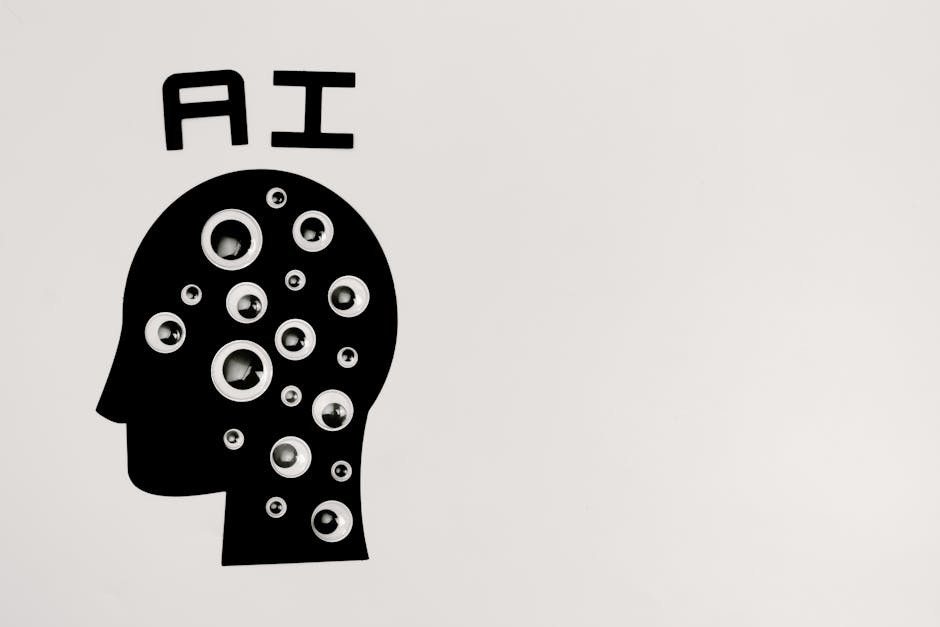AI’s Trust Deficit: A 2025 Transdisciplinary Challenge
The rapid advancement of artificial intelligence (AI) in 2025 has created a significant societal challenge: fostering public trust in increasingly complex and autonomous systems. This lack of trust poses considerable risks to the widespread adoption and beneficial integration of AI across various sectors. Experts are now calling for a comprehensive, transdisciplinary research approach to address this growing concern. The implications of inaction could be far-reaching, impacting economic growth, social equity, and global security.
The Erosion of Public Confidence in AI
Public perception of AI in 2025 is characterized by a growing sense of uncertainty and unease. This stems from several factors, including concerns about algorithmic bias, data privacy violations, job displacement, and the potential for misuse in surveillance and autonomous weaponry. Recent polls indicate a significant segment of the population expresses skepticism towards AI’s capabilities and ethical implications. This distrust, if left unaddressed, could hinder the potential benefits of AI technologies.
Key Findings from 2025 Surveys
- A 2025 Pew Research Center study revealed that 62% of respondents expressed concerns about the ethical implications of AI.
- A separate survey by the Edelman Trust Barometer indicated a significant decline in public trust in technology companies, particularly those heavily involved in AI development.
- A significant portion of respondents expressed fear about potential job displacement caused by AI automation.
The Need for a Transdisciplinary Approach
Addressing the AI trust deficit requires a collaborative effort that transcends traditional disciplinary boundaries. Experts from computer science, sociology, psychology, ethics, law, and policy must work together to develop robust solutions. This transdisciplinary approach is crucial to understand the multifaceted nature of the problem and develop solutions that are both technically sound and ethically responsible. Existing research silos impede progress; a collaborative framework is essential.
Fostering Trust Through Transparency and Explainability
One key aspect of building trust is enhancing transparency and explainability in AI systems. This involves developing methods that make the decision-making processes of AI algorithms more understandable and accessible to the public. Current “black box” AI models, where the decision-making process is opaque, fuel distrust. Efforts to increase the transparency of algorithms are vital.
The Role of Regulation and Ethical Frameworks
Governments and regulatory bodies play a critical role in addressing the AI trust deficit in 2025. Clear and comprehensive regulations are needed to ensure the responsible development and deployment of AI technologies. These regulations must address issues such as data privacy, algorithmic bias, and accountability for AI-driven decisions. Moreover, the establishment of robust ethical frameworks for AI development and deployment is paramount.
Challenges in Establishing Effective Regulations
Implementing effective AI regulations presents significant challenges. The rapid pace of technological advancement makes it difficult to keep up with the latest developments. Further, concerns about stifling innovation while promoting safety and ethical standards need careful consideration. International cooperation is necessary to prevent regulatory fragmentation.
Building Trust Through Education and Public Engagement
Effective communication and public engagement strategies are vital to building trust in AI. Educational initiatives aimed at improving public understanding of AI technologies are crucial. This includes dispelling myths and misconceptions and fostering a more informed and nuanced public discourse on AI. Open dialogue and transparent communication are essential to bridge the gap between AI experts and the general public.
The Importance of Addressing Misinformation
Combatting the spread of misinformation about AI is crucial for building public trust. Misinformation often fuels fear and anxiety, hindering the acceptance of beneficial AI applications. Addressing this issue requires a multi-pronged approach involving fact-checking initiatives, media literacy programs, and collaborations with social media platforms.
The Future of AI and the Trust Equation
The future trajectory of AI adoption hinges on our ability to address the current trust deficit. In 2025, significant investments are being made in AI research and development, across both the public and private sectors. These investments must be complemented by equally substantial efforts to build public trust. Failure to do so could lead to missed opportunities and potentially detrimental consequences.
Long-Term Implications for Society
The long-term implications of failing to address the trust deficit in AI are profound. This includes:
- Hindered economic growth due to slowed AI adoption.
- Increased social inequalities exacerbated by biased AI systems.
- Reduced national security due to a lack of public confidence in AI-powered defense systems.
- Erosion of democratic institutions due to lack of trust in AI-driven decision-making processes.
The year 2025 marks a critical juncture in the development and deployment of AI. Addressing the trust deficit is not merely a technical challenge but a societal imperative. By embracing a transdisciplinary approach, fostering transparency, implementing robust regulations, and engaging the public effectively, we can work towards a future where AI serves as a force for progress, rather than a source of division and uncertainty.

